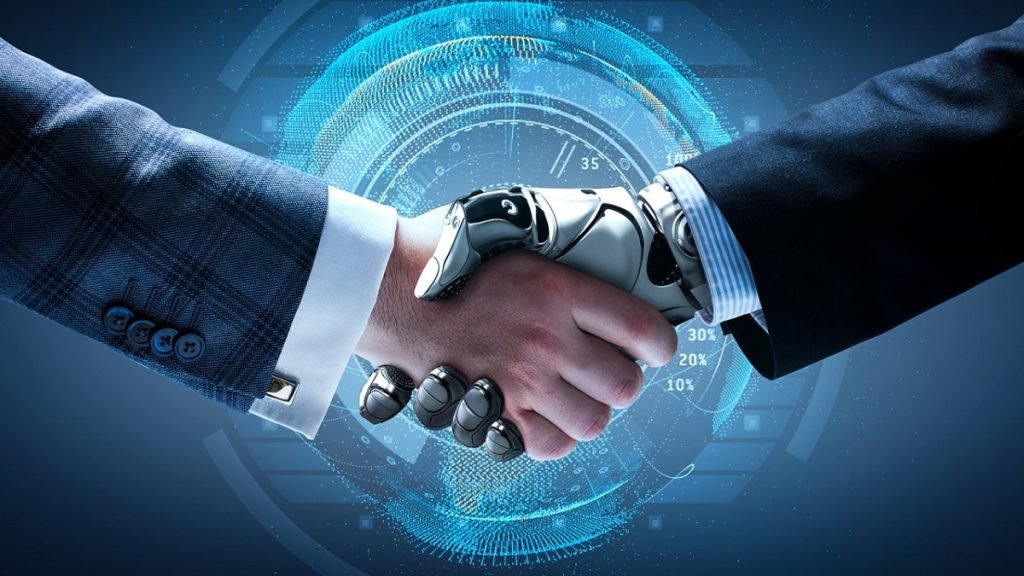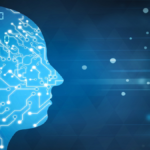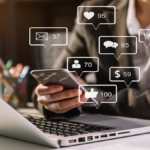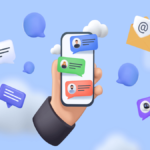As a specialist in talent development, you are aware of the significance of retaining your staff members’ skills and motivation to meet organizational objectives. When it comes to being competitive in a constantly evolving company world, you may question if you’re making enough efforts to create effective learning and development plans. The transformative power of AI can help with this.
The HR industry has been revolutionized by this state-of-the-art technology, which gives HR specialists the means to provide scalable, engaging, and customized training programs for your staff.
How AI Benefits HR
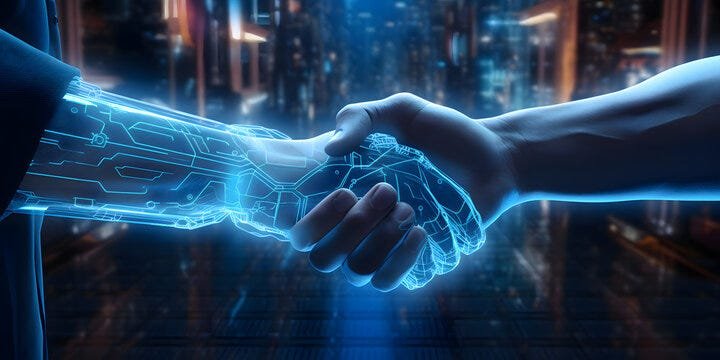
1. Streamlined Recruitment
The laborious process of going through hundreds, often thousands, of resumes for a single post is one of the difficulties faced by HR professionals. In a matter of seconds, AI-powered screening technologies can review applications and provide a shortlist of applicants who meet the job criteria.
This is the transformative power of AI that can help us. By doing this, HR managers can guarantee that they are only spending their time interviewing the most qualified individuals, saving them time. AI may also expedite the hiring process by identifying possible applicants by scouring social media accounts.
This process, often referred to as passive candidate sourcing, uses AI algorithms to find people with certain backgrounds and skill sets who may not be actively looking for work. In addition, Retorio’s behavioral intelligence platform identifies each applicant’s talents and personality qualities that correspond to a company’s goal profile for their ideal candidate by scanning candidate profiles.
2. Better Employee Onboarding
If you work in human resources, you are aware of how crucial it is to have a well-organized employee onboarding procedure. It’s essential for keeping top personnel and enabling them to succeed in their new roles right away. It might be difficult to create an onboarding procedure that positions your company and new personnel for success, however.
Your staff may get the training they need at the appropriate time by using AI-powered, personalized training modules. You may provide ongoing assistance and make sure that new personnel are well-integrated into the team by using AI-powered coaching and training.
3. Personalized Learning and Development
To draw in and keep top talent, a business must invest in personalized learning and development, or L&D. To advance their careers, expand their skill sets, and contribute to the success of their employer, employees are searching for chances for ongoing learning.
However, HR executives have a challenge: developing individualized learning plans for every employee is a costly and time-consuming procedure. Thankfully, the procedure is now scalable and affordable, thanks to the benefits of AI in human resources, enabling the provision of individualized training to each employee.
HR managers can determine individual employees’ learning preferences, areas for growth, and capabilities by using AI algorithms to evaluate employee data. This makes it possible to design training plans that are specific to the requirements and preferences of every employee.
AI-powered software may monitor development and modify the structure and content of the training program to keep it current for the employee. Indeed, according to recent research, over 80% of learners thought that individualized teaching was superior to conventional training techniques.
4. Reduced Bias
You see the value of inclusion and diversity in the workplace as an HR professional. Your goal is to design an impartial and equitable recruiting procedure that draws in the best candidates. Unconscious prejudice, however, may infiltrate, making it difficult to guarantee that each applicant is being assessed only based on their qualifications.
According to a recent survey, 67% of HR experts think AI may lessen unconscious bias in hiring. Because AI is so good at finding patterns in massive data sets, it may be used to help eliminate unconscious prejudices from the hiring process. It may reduce the possibility of unconscious bias by analyzing resumes and applications only based on abilities and experience, without taking into account the applicant’s demographic data.
Recruiters can ensure that they only interview the most qualified individuals by using AI algorithms to review resumes and create a shortlist of people who meet the job criteria.
5. Enhanced Employee Engagement And Satisfaction
To accomplish their objectives and hold onto top talent, organizations must prioritize employee engagement and happiness. HR specialists have been enhancing employee engagement and happiness using a variety of techniques, such as performance evaluations and incentives. The transformative power of AI, however, has proven to be a potent instrument for raising contentment and engagement.
AI-driven chatbots, for example, may provide workers with round-the-clock assistance, respond to their questions, and handle problems; this enhances employee satisfaction and boosts engagement. IBM research found that AI-powered HR procedures may increase engagement and answer up to 80% of common customer questions.
6. Improved Performance Reviews and Feedback
Businesses nowadays place a high focus on providing positive employee feedback and conducting efficient performance evaluations. AI has become a powerful force that is transforming performance management from a conventional approach and ushering HR into a data-driven decision-making era. Businesses are using it to help workers learn continuously, lessen prejudice in evaluations, and provide more insightful feedback.
AI gives managers the knowledge they need to deliver more insightful, unbiased, and helpful evaluations and feedback. Through the analysis of performance measures, such as individual contributions, cooperation patterns, and project results, artificial intelligence provides you with a more comprehensive and in-depth picture of what work staff have accomplished. With this understanding, your comments will be significantly more insightful and correct, which will benefit your people.
7. Automated Tasks
HR is responsible for a large amount of physical labor that is required and cannot be avoided. Your team’s workload is relieved of such responsibilities by AI and HR automation, which function as useful digital assistants to do regular HR chores. This gives them more time to concentrate on tasks that call for human interaction and strategic thought. Eighty-five percent of firms that use AI report increased productivity or time savings.
It’s not just about cutting work; it’s also about improving HR effectiveness and fostering an environment where employees feel valued and heard. Positive repercussions from HR’s shift from manual to strategic affect the whole organization. Increased productivity, creative fixes, and a work environment that values relationships and progressive ideas are the outcomes.
Will AI Replace Humans in HR?
It seems logical to be curious about this, given the abundance of science fiction films available. Nonetheless, there will always be value in adding a personal touch to people’s concerns. Understanding the indispensable characteristics of human judgment, empathy, and intuition is critical since the effective use of AI in HR depends on a partnership where technology enhances human abilities.
In human resource management, then, consider augmentation rather than replacement. The transformative power of AI may help with several HR tasks, like hiring, data analysis, employee engagement, productivity improvements, and insight gathering. Nonetheless, understanding unique employee requirements, resolving disputes, and fostering corporate culture all need the human element.
FAQ
Q: In what ways may AI enhance human resources?
A: In order to increase engagement, some AI systems will evaluate employee data and provide tailored suggestions. Performance Management: By evaluating data from several sources, including employee feedback, project results, and sales data, AI may assist HR managers in tracking and measuring employee performance.
Q: How can AI aid in decision-making in HR?
A: AI aids in data collection and analysis, enabling HR personnel to more humanely extract insights and make workforce and strategy-related plans. By moving from a pull to a push approach and enabling universal access to data insights across enterprises, AI and generative AI have the ability to completely transform HR analytics.
Q: Is AI safe for HR?
A: Using AI in HR might increase your organization’s risk of legal problems due to the unpredictable nature of generative AI (ML that can develop content depending on the data it has access to) and the opaque nature of vendor algorithms.

